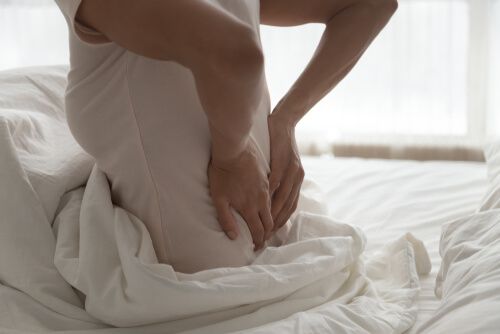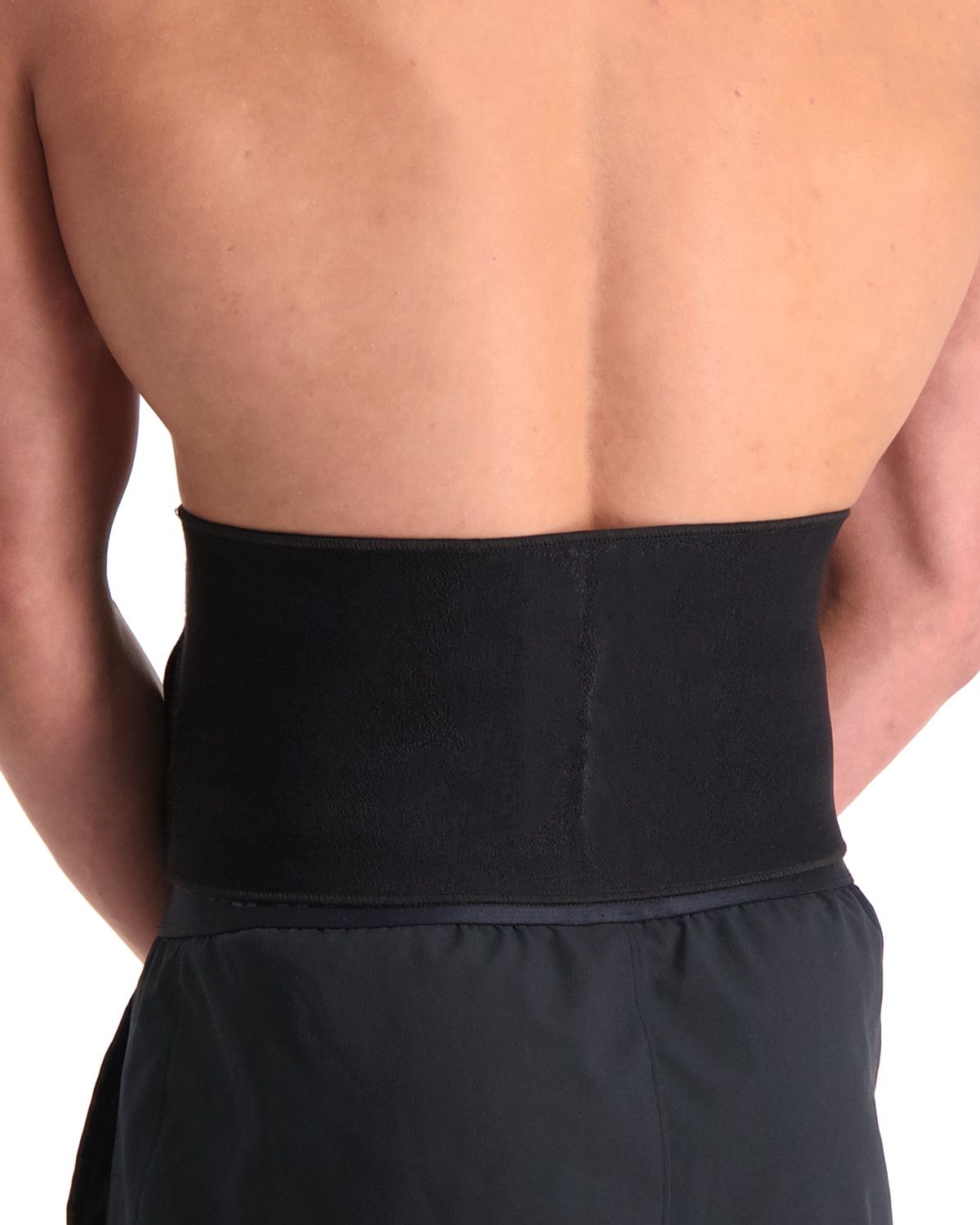Overused back
When you have an overworked back, you’ve used the muscles in your back too much. The severity depends on the cause. Curious to know more about the causes and treatment? Please don't hesitate to read on, we’re happy to explain.
Possible causes of an overworked back
An overworked back means you’ve overused your back muscles. This can be caused by:
- Stress
- Heavy physical activities and/or work
- Overloading the lower back (for example, by excessive bending or twisting)
- Long car rides, which can lead to stiff back muscles
- An existing back condition, such as a herniated disc
- Exercising too frequently
- Pregnancy
- Ageing

What are the symptoms of an overworked back?
There are several symptoms you may experience when your back is overworked. Here are the most common ones:
- Stiff back muscles
- A nagging pain in the lower back
- Pain when standing or sitting for long periods
- Radiating pain into the buttocks and/or thighs
- Difficulty moving or twisting your body
- Trouble bending or moving your lower back

Treatment
In most cases, the symptoms of an overworked back go away on their own. It’s important to find a healthy balance between movement and rest. It’s recommended to keep moving, as this helps keep the muscles, ligaments and joints flexible. A short walk, for example, can help, but be sure to also get enough rest.
If the symptoms persist, we advise you to see a physiotherapist or specialist. They can help guide your recovery. Additionally, wearing a back brace may help relieve symptoms of an overworked back. You can wear one to support your back during daily activities. It is recommended to wear the brace only as long as you are experiencing pain.

- Physiotherapist
- Sports podiatrist
- Manual therapist
- Podopostural therapist
- Myofascial dry needling specialist






